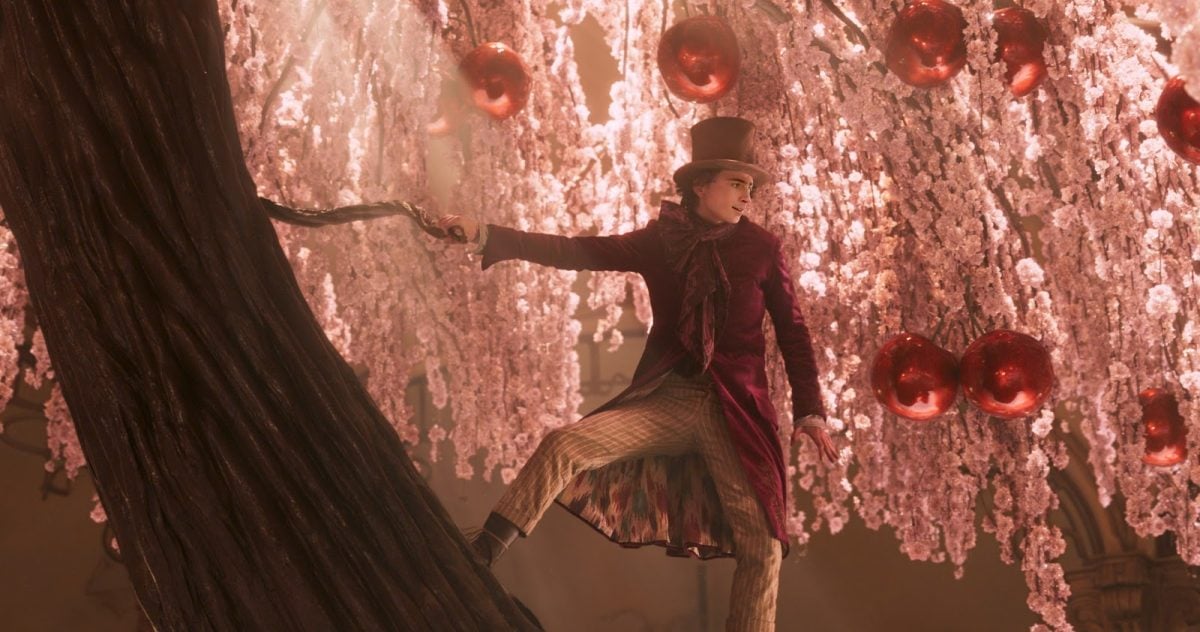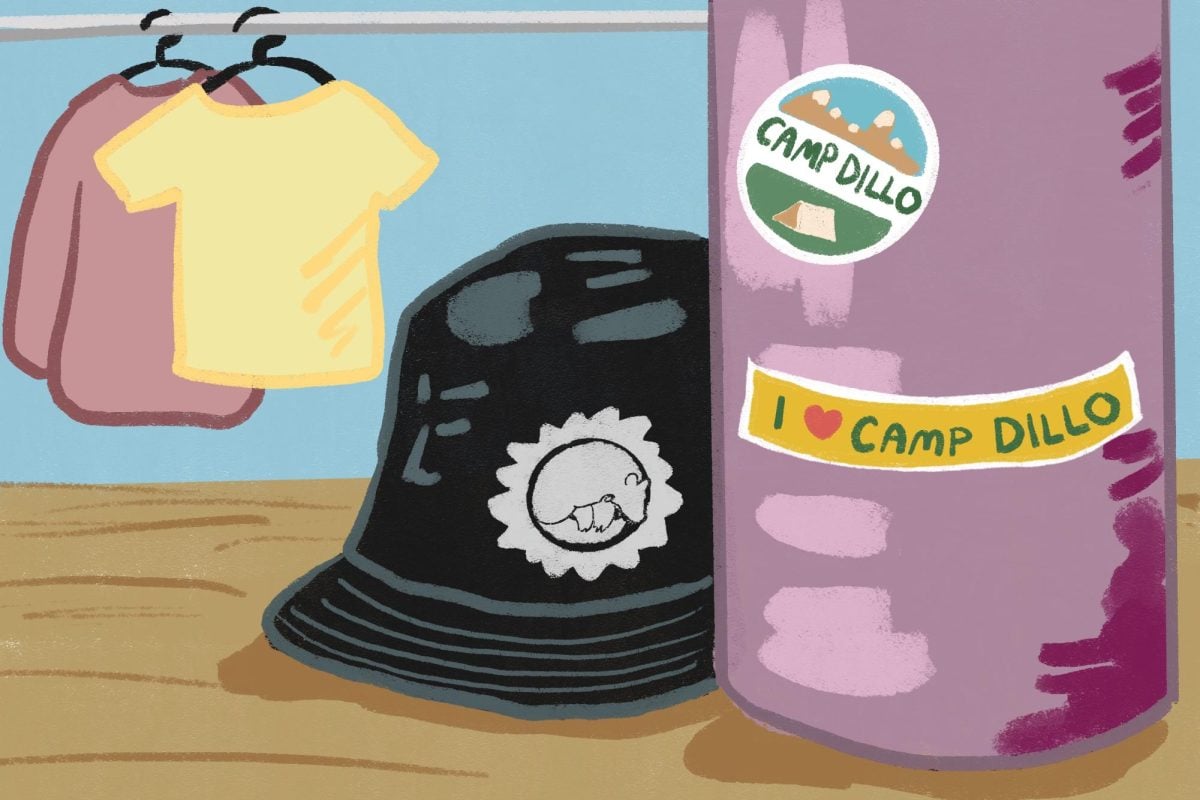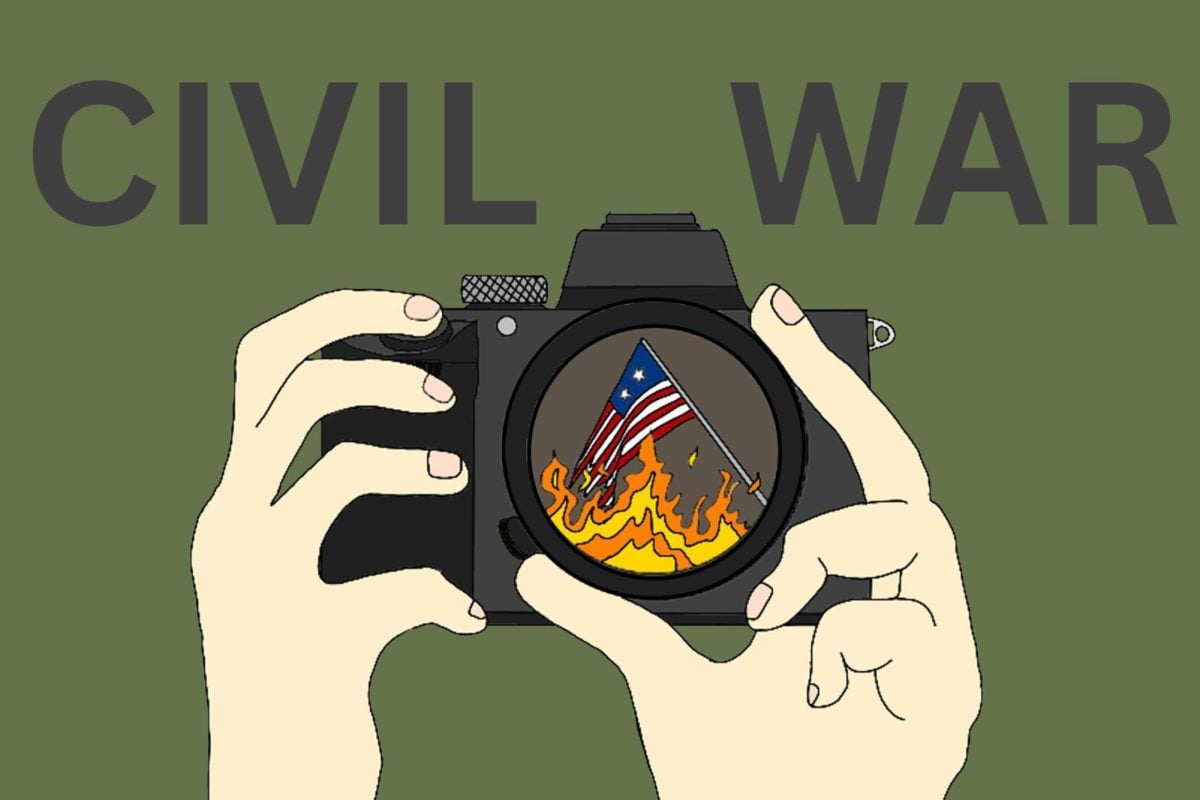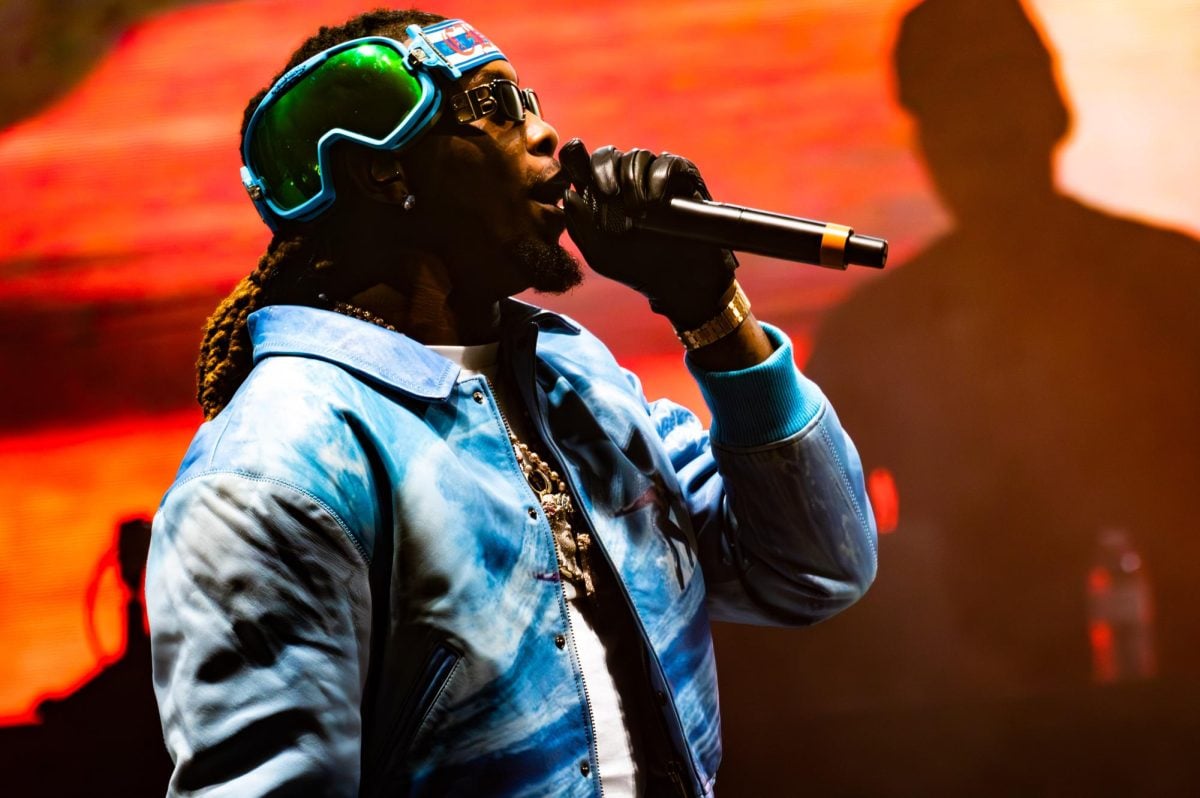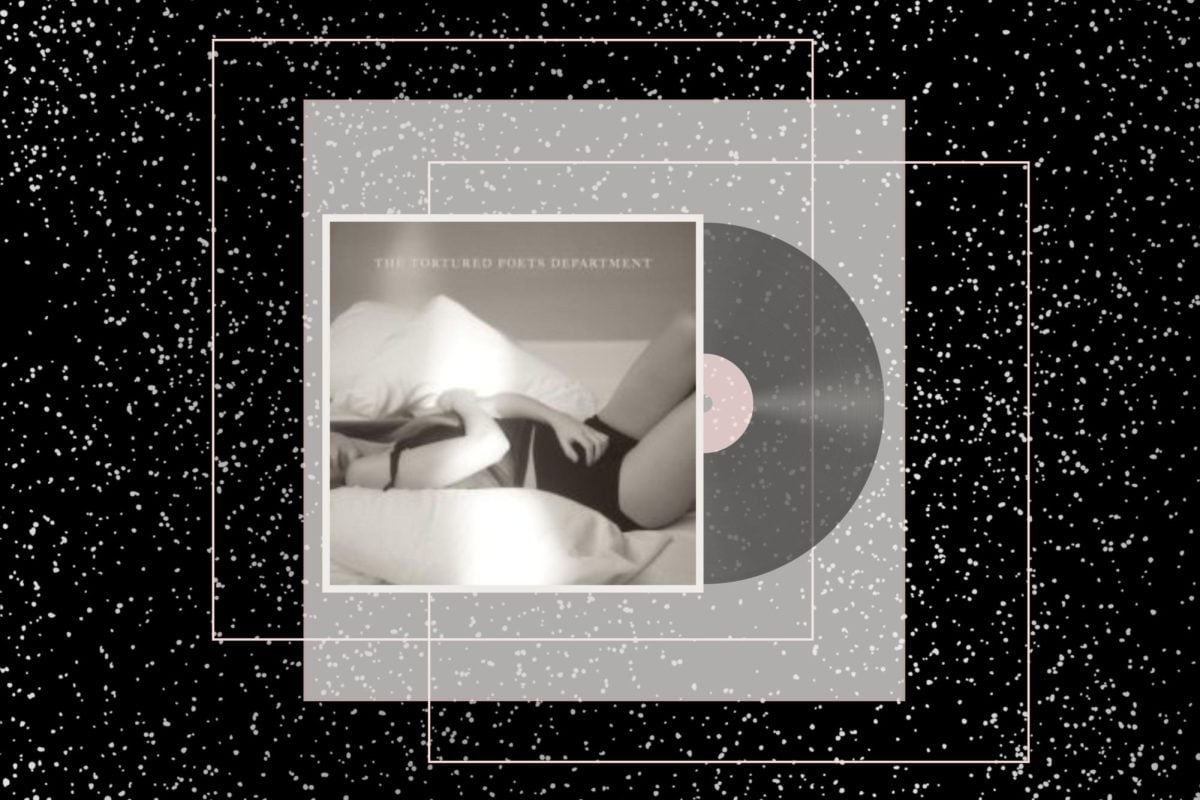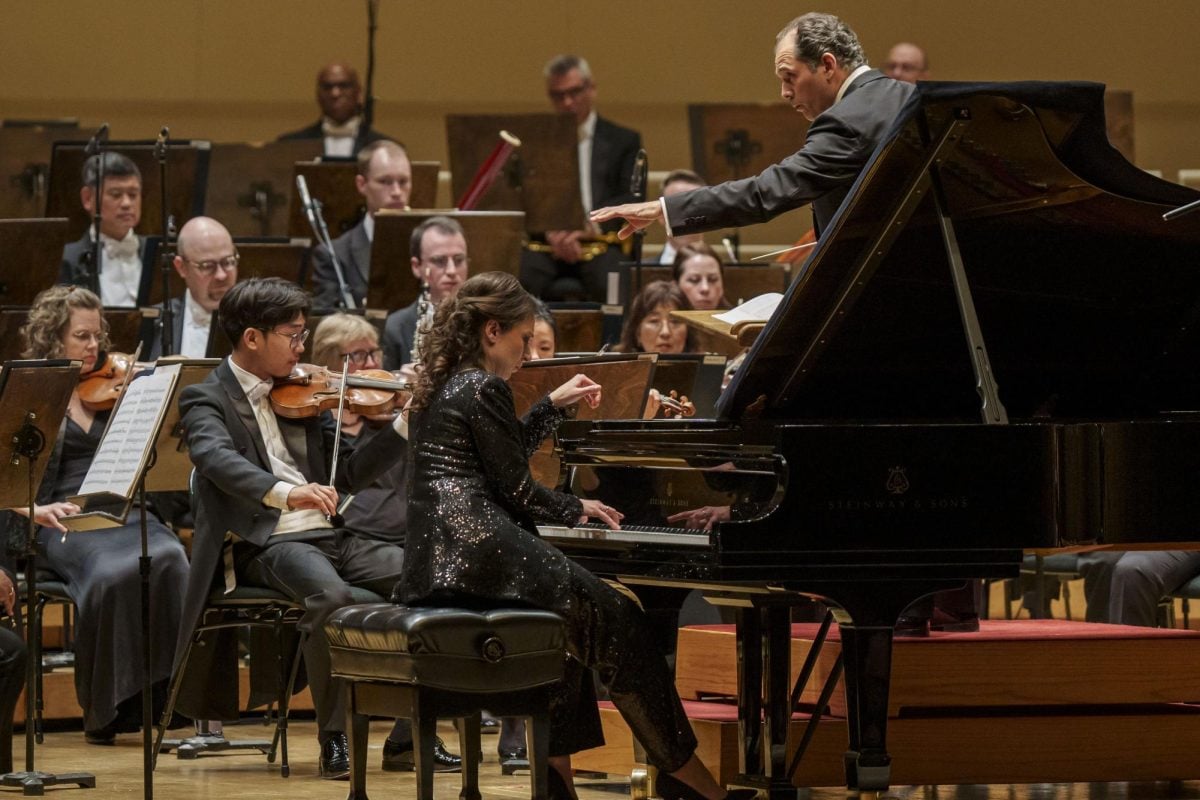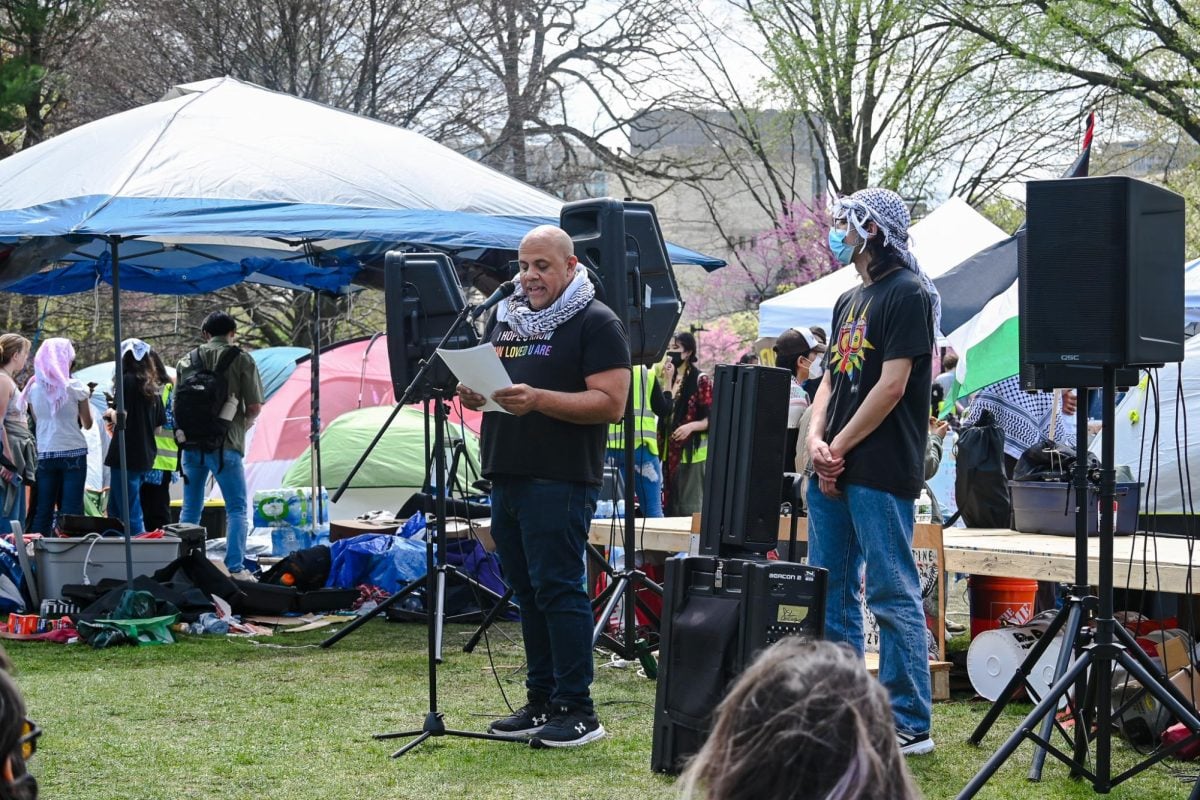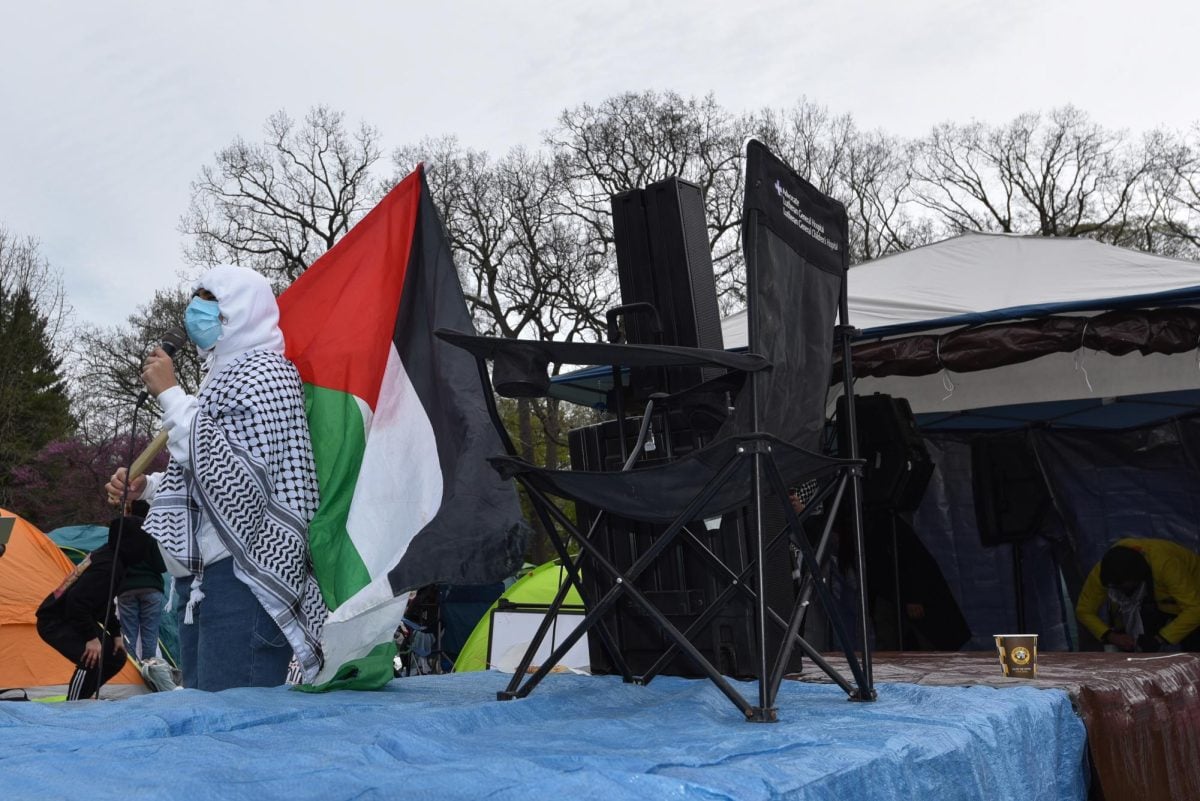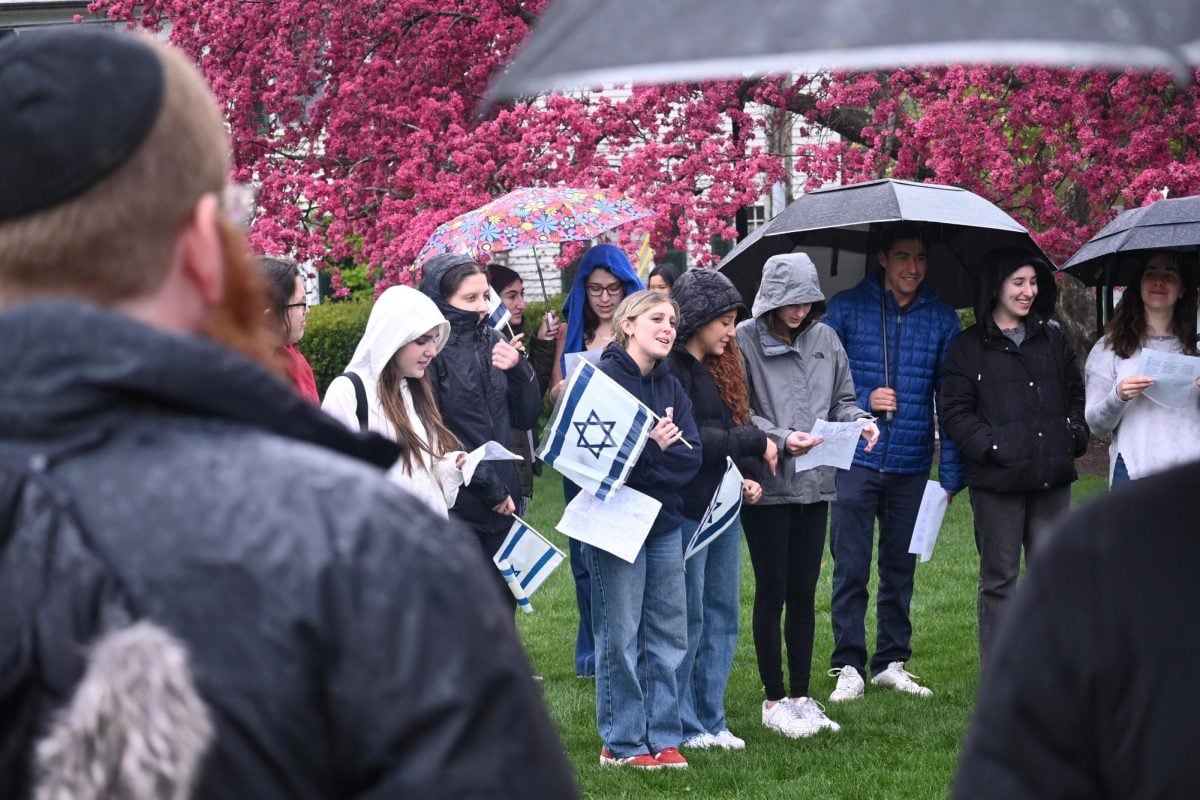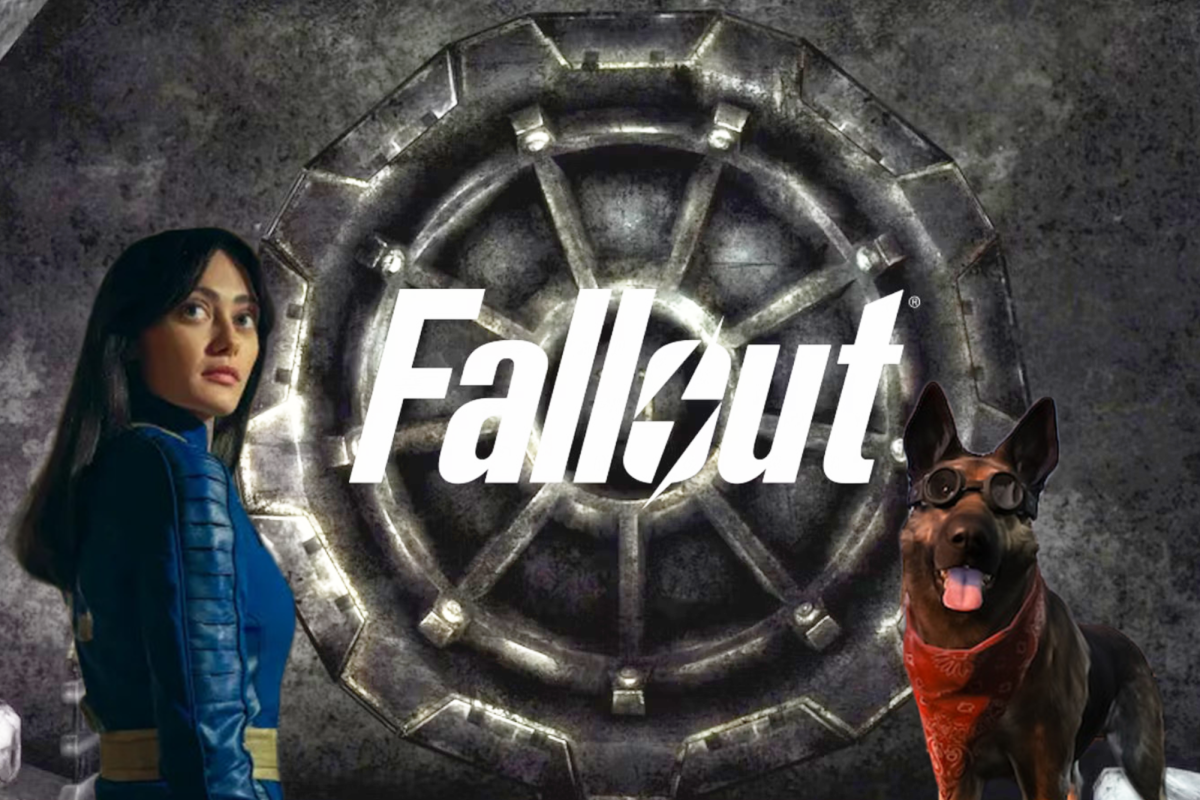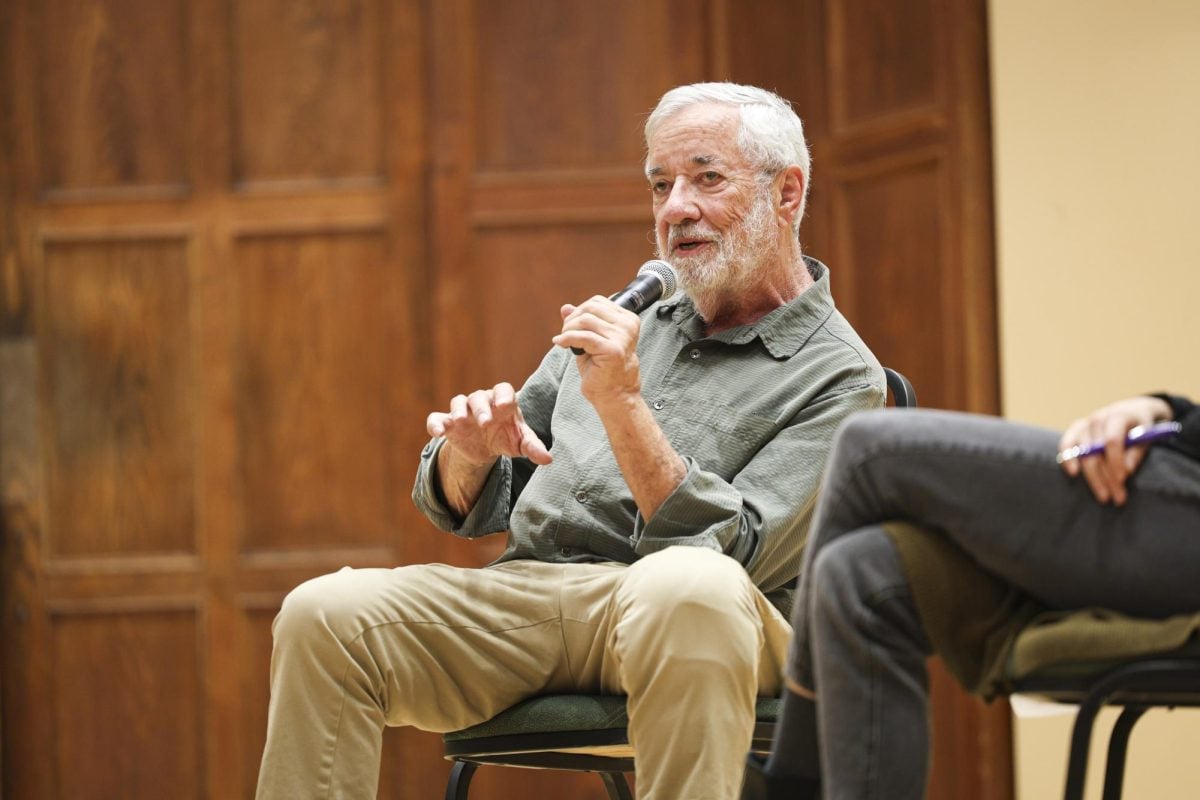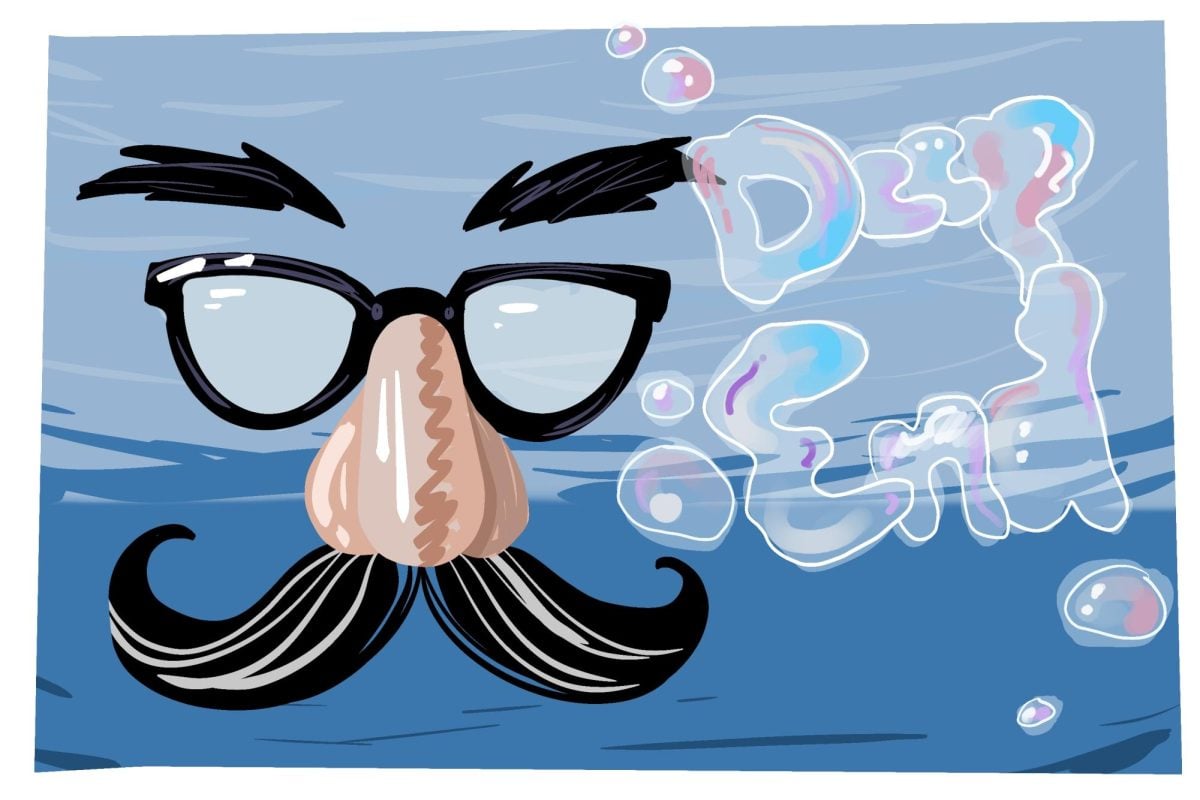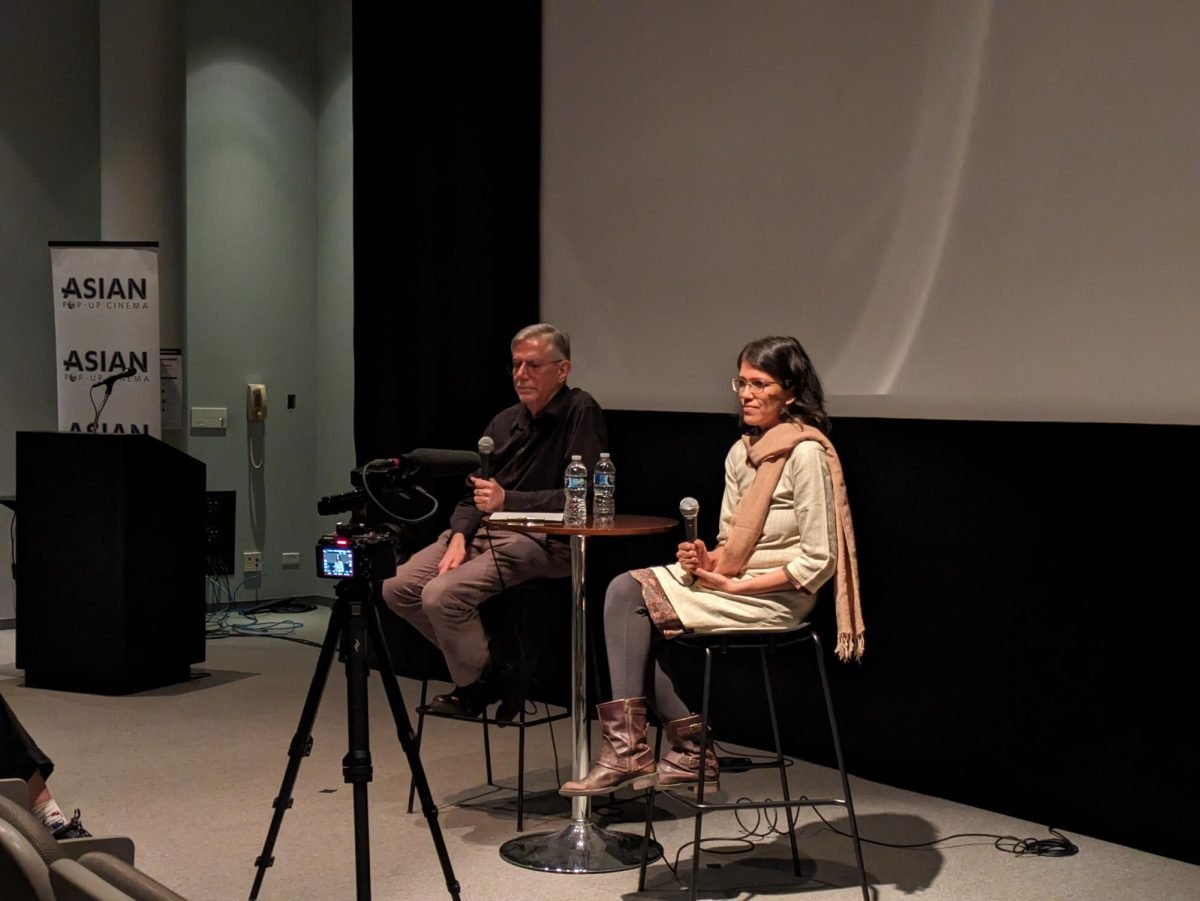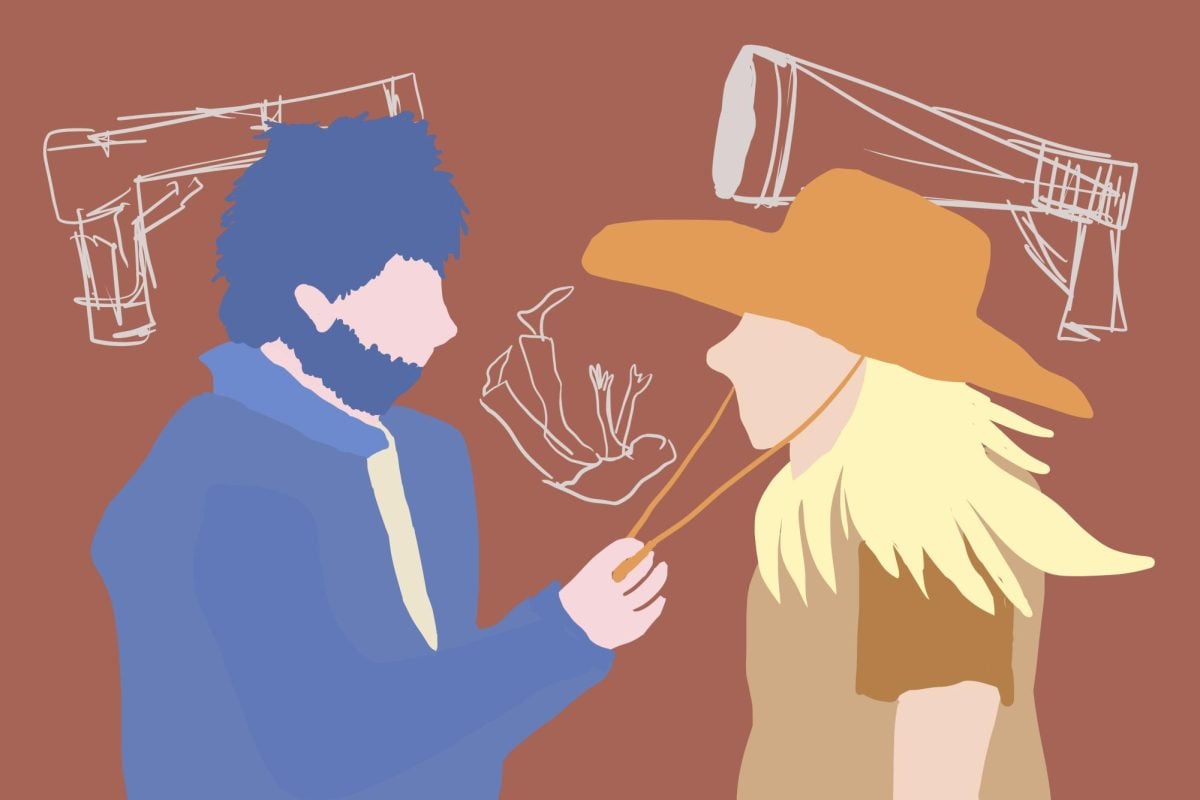Roald Dahl’s 1964 novel, Gene Wilder’s 1971 take and Tim Burton’s 2005 adaptation are spun into a new story by director Paul King in “Wonka.” The film starring Timothée Chalamet takes audiences on a sweet, wild ride.
The musical prequel, released last month, follows chocolatier Willy Wonka’s journey as a young man before his days at the factory.
Chalamet sings and dances alongside Keegan-Michael Key (Chief of Police), Calah Lane (Noodle) and Hugh Grant (Oompa Loompa) throughout the dream-like movie.
Chalamet and Key joined The Daily and other college newspapers at a virtual roundtable interview hosted by Warner Bros. Pictures to discuss their journeys on set.
“Wonka” is a companion piece to the 1971 film, according to Chalamet. He said this adaptation of the character sees the confectionary maker view the world as full of possibility and the movie seeks to bring light into a world that desperately needs it.
“I felt like it was important to try to do my own thing with it, and I was helped by the fact that it’s a new story,” Chalamet said. “Once I got going, I tried to leave (Wilder’s version) behind. It’s sort of an impossible performance and film to live up to because it’s so beloved.”
Key said the sense of play throughout filming surprised him the most. He enjoyed working in collaboration with King to provide his ideas for different scenes.
Being able to draw from the script and use his own imagination was a key part to building the Chief of Police into a character with much mystique in regards to his past, Key said.
“I couldn’t glean as much information about his past as a kid or when his addiction to chocolate started or anything like that,” Key said. “That was something that you just kind of have to make up using your own imagination.”
Key said he hopes the film contributes to Dahl’s legacy. He said he had a lot of fun while making the movie, as if King was “whipping up cinematic chocolates” of his own during the process.
Chalamet said the history of the film and its importance to his family was a major part of his creative process. He said it was heartwarming to be revisiting such cherished material.
“I was surprised with how rewarding that sense of playfulness was, because with ‘The French Dispatch,’ ‘Lady Bird’ or ‘Call Me By Your Name’ and other films that were very grounded, what was rewarding was finding truth within serious moments,” Chalamet said.
While the musical aspect of the movie was a brand new challenge for Chalamet, he said it was more rewarding than any other set he’s ever worked on.
He said seeing young audience’s responses and reactions to the film is a “huge gift.”
“Every time I’ve seen it, people leave with a big smile on their face,” Chalamet said. “The truth is, a lot of people go to the movies to feel good, and this movie makes you feel good.”
Email: [email protected]
Twitter: @selenakuznikov
Related Stories:
— Bazawule and cast discuss upcoming film ‘The Color Purple’ in Warner Bros. roundtable
— Peter Spears, a producer on ‘Call Me By Your Name,’ reflects on film’s universal impact

